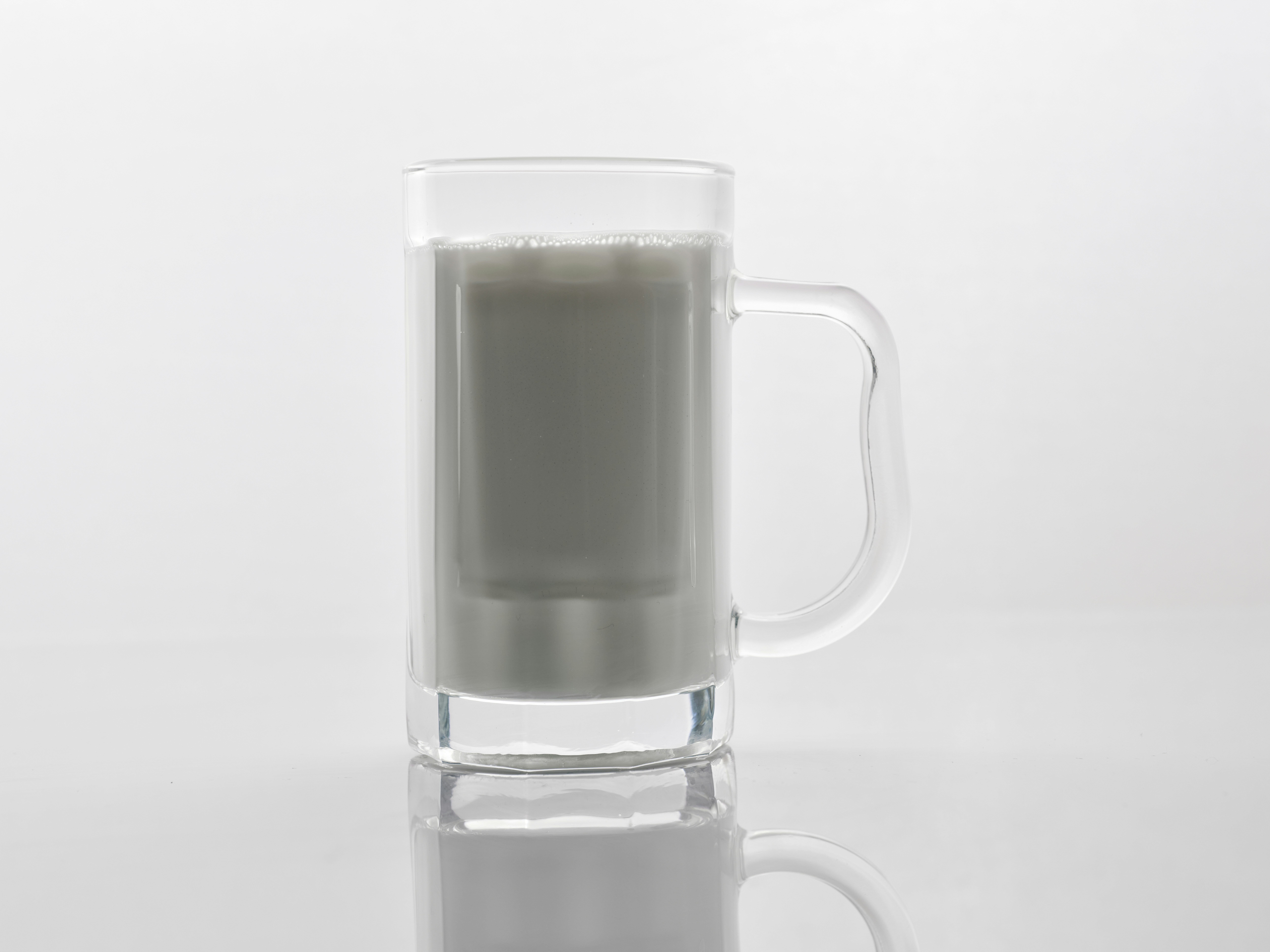Have you ever wondered if you should reach for a bottle of calcium supplements or simply stick to nourishing foods? This is a question that can lead to some confusion, especially with the abundance of information—and misinformation—available out there. Let’s unpack calcium’s role in your diet, the pros and cons of supplementation versus food sources, and how to find the best approach for you.
What Is Calcium?
Calcium is a mineral that plays a critical role in your body, most notably in building and maintaining strong bones and teeth. Beyond that, it’s involved in muscle function, blood clotting, and nerve transmission. You might not realize it, but this mineral is essential for your overall health.
Why You Need Calcium
You need calcium not just for bone health but also for various bodily functions. You might want to pay attention to your calcium intake if you’re concerned about muscle function or if you have a history of osteoporosis in your family. The recommended daily intake varies depending on your age and gender, but most adults need about 1,000 mg per day, increasing for women over 50 and men over 70.
Food Sources of Calcium
Now that you get why calcium is essential, let’s look at where you can find it. Foods rich in calcium often come packaged with other nutrients that can help your body absorb calcium more efficiently.
Dairy Products
Dairy products are some of the richest sources of calcium. If you enjoy milk, yogurt, or cheese, you’re hitting your daily calcium needs quite effectively. A cup of milk, for instance, contains about 300 mg of calcium.
Dairy Calcium Breakdown
| Food Item | Serving Size | Calcium Content |
|---|---|---|
| Milk (whole) | 1 cup | 300 mg |
| Yogurt (plain) | 1 cup | 500 mg |
| Cheddar cheese | 1 oz | 200 mg |
Leafy Greens
If you’re not a fan of dairy or prefer a plant-based diet, there are plenty of leafy greens that pack a calcium punch. Vegetables like kale, bok choy, and broccoli are tasty and beneficial options.
Leafy Greens Calcium Breakdown
| Food Item | Serving Size | Calcium Content |
|---|---|---|
| Kale (cooked) | 1 cup | 200 mg |
| Broccoli (cooked) | 1 cup | 60 mg |
| Bok Choy (cooked) | 1 cup | 70 mg |
Fortified Foods
Another way to get your calcium is through fortified foods. Many cereals, plant-based milk, and juices are enriched with calcium. Choosing these can be an effective way to boost your intake if you find it challenging to get enough from natural sources.
Fortified Foods Calcium Breakdown
| Food Item | Serving Size | Calcium Content |
|---|---|---|
| Fortified almond milk | 1 cup | 450 mg |
| Fortified orange juice | 1 cup | 300 mg |
| Calcium-fortified tofu | ½ cup | 250 mg |
Understanding Calcium Supplements
While getting calcium from food is preferable due to the additional nutrients, sometimes supplements can fill the gaps in your diet. But are they necessary for you?
Types of Calcium Supplements
There are various types of calcium supplements available on the market. The most common include calcium carbonate and calcium citrate.
- Calcium Carbonate: This type is best absorbed when taken with food. It typically has a higher amount of elemental calcium.
- Calcium Citrate: Easier to absorb than calcium carbonate and can be taken on an empty stomach. However, it has less elemental calcium per tablet.
Who Might Need Supplements?
Some individuals might benefit from calcium supplements, such as:
- Postmenopausal Women: Since they have a higher risk of osteoporosis and may not get enough calcium from their diet alone.
- People with Lactose Intolerance: Struggling to consume dairy can make it hard to meet calcium needs.
- Vegans: Without dairy options, achieving adequate calcium intake might require supplementation.
Pros and Cons of Calcium Supplements
Using supplements certainly has its benefits, but there are also potential downsides to consider. Let’s break this down.
Pros of Calcium Supplements
- Convenience: If you lead a busy life, popping a supplement is easier than preparing a meal rich in calcium.
- Targets Deficiency: Supplements can help boost intake if you’re not meeting your calcium needs through food.
- Specificity: For some people, like those with dietary restrictions, supplements might be essential.
Cons of Calcium Supplements
- Overconsumption Risks: It’s easier to consume too much calcium through supplements, which can lead to health issues like kidney stones.
- Absorption Issues: Not all calcium supplements are equally absorbable, and some may cause gastrointestinal discomfort.
- Lack of Other Nutrients: Unlike food sources, supplements don’t provide other beneficial nutrients that support calcium absorption, like vitamin D and magnesium.
How to Decide: Food vs. Supplementation
So, how do you know what’s right for you? The decision often comes down to a few key considerations:
Assess Your Diet
Take a look at your current calcium intake from food sources. Are you consuming enough calcium-rich foods daily? If not, adjusting your diet might be your first step.
Consider Your Lifestyle
If you lead a hectic lifestyle where food prep is challenging, supplements might be a time-saving option. However, try to prioritize whole foods first if possible.
Consult with a Healthcare Professional
Before starting any supplementation, it’s advisable to consult with a healthcare provider. They can guide you based on your personal health needs, dietary habits, and lifestyle.
The Importance of Vitamin D
An essential mineral like calcium needs a partner in crime for optimal absorption. Enter vitamin D. It helps your body absorb calcium more effectively.
How to Get Vitamin D
You can obtain vitamin D from:
- Sun Exposure: Natural sunlight is an excellent source. Just 15-20 minutes of sunlight can help your body produce vitamin D.
- Foods: Fatty fish, egg yolks, and fortified products can increase your intake.
- Supplements: If getting enough sunlight or dietary sources is a challenge for you, consider a vitamin D supplement as well.
Recognizing Symptoms of Calcium Deficiency
It’s essential to be aware of the signs that you might not be getting enough calcium. Some symptoms include:
- Weak nails
- Muscle cramps
- Numbness and tingling in fingers
- Osteoporosis or brittle bones
If you notice these signs, you might want to reassess your dietary sources of calcium or consider supplementation.
Optimal Calcium Intake Across Different Life Stages
Different life stages require variations in calcium intake. Here’s a brief outline:
- Children and Teens (1,300 mg/day): This is critical for strong bone development.
- Adults (1,000 mg/day): Essential for maintaining bone density.
- Older Adults (1,200 mg/day for women over 50 and men over 70): Higher intake is needed actually to prevent bone loss.

Summary
Finding the right balance between getting calcium from food and supplements truly depends on your individual lifestyle, dietary choices, and health needs. Ideally, you’d want to prioritize whole food sources rich in calcium. However, in cases where your dietary intake may fall short, supplementation can play a useful role.
At the end of the day, making informed choices about your nutrition can lead to better health outcomes. You deserve to feel confident in your calcium intake strategy, whether that’s through delicious, nutritious foods or thoughtful supplementation. Remember to always consult with a professional if you have concerns or questions about your specific needs.
Incorporating these considerations will help ensure you make the best decision for your health and wellness. So, are you now ready to choose which path—food or supplements—suits you best?




